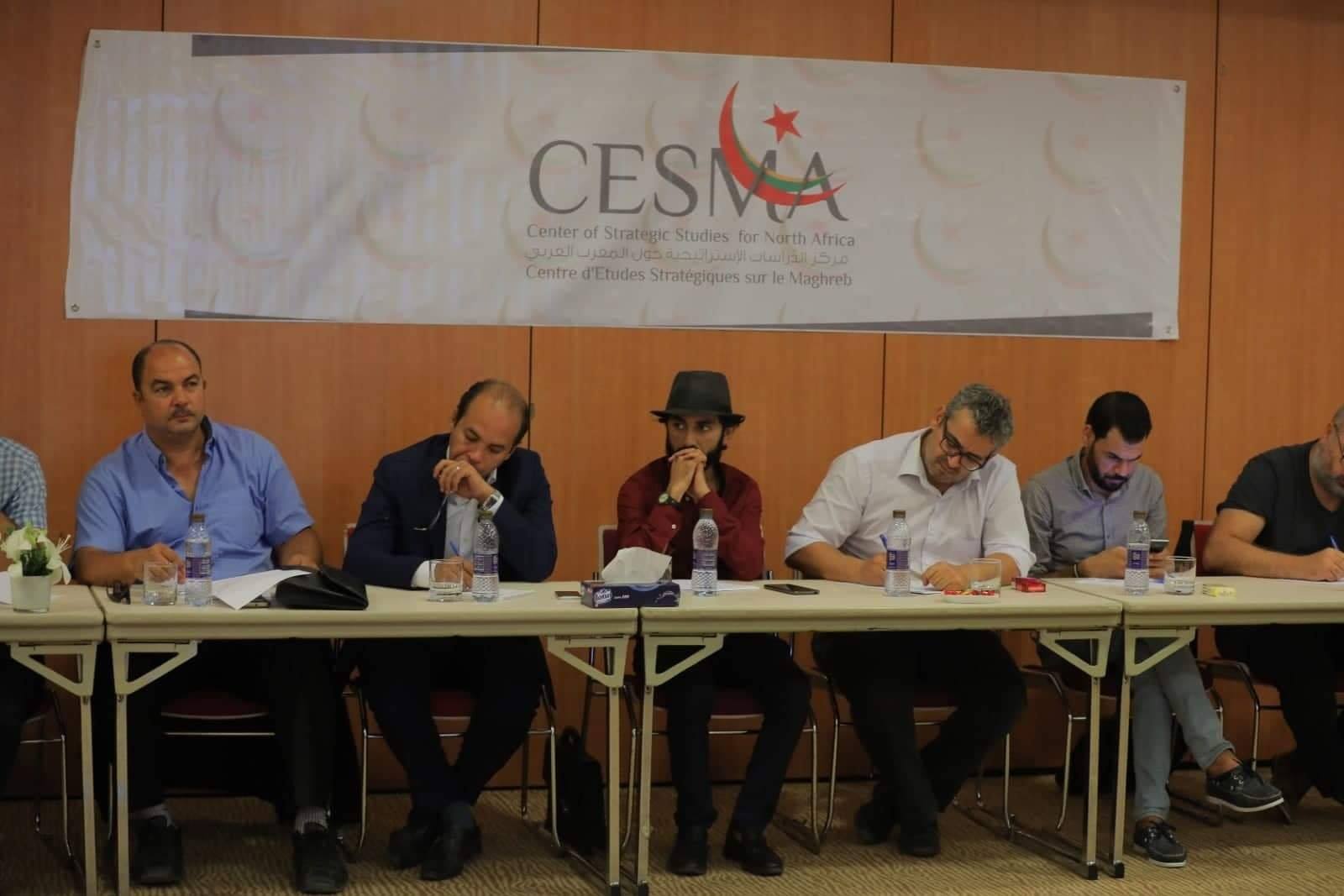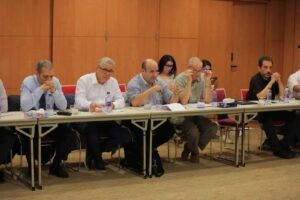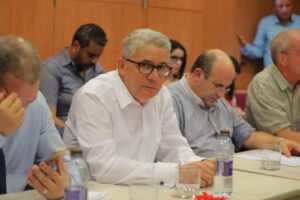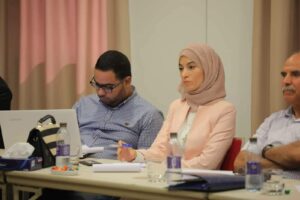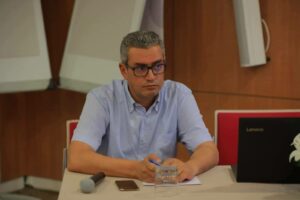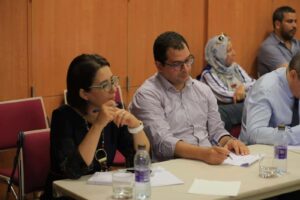A week after the release of the results of the first round of the presidential elections in Tunisia, and as public opinion commented the surprising defeat of all party candidates, these results are still a subject of bewilderment for those following the Tunisian scene. This is not only due to the sudden nature of the results, but also because of their expected repercussions on the political arena, especially the parties running for the legislative elections due October 6, 2019.
While the careful observers of unpublished polls were utterly taken by surprise, the party candidates and the management of their electoral campaigns were in a state of denial, as they blindly trusted their campaign capabilities and relied on the intensity of the financial and logistical support that they enjoyed during the last months. They trusted these factors would suffice to reverse the odds on polling day. The legislative elections will take place in the wake of what was called the September 15 earthquake, which makes studying the possible repercussions of this electoral earthquake a determining factor in the path of understanding the scene in which Tunisians will welcome their new year.
The elections resulted in Nabil Karoui and Kais Saied running for the second round, and they are two figures that many observers do not hesitate to refer to as populist candidates, even if the practice differs from one candidate to another. Analysts believe that this result is in the vein of the populist worldwide cross- border phenomenon promoting the so-called “outsider candidates”. Others, however, see that the rise of the candidates for the second round in Tunisia, Karoui and Saied, clearly expresses the failure of the classical political and party system that has run the country since 2011. The latter point at this political class’ endemic failure in solving a number of issues: the social problematic, the growing marginalization of the youngsters and their exclusion from political positions, and the parties’ profiteering attitude in dealing with official position as locus for prestige and social ascendance. The two candidates have certainly been successful in attacking this very system in a context, which by its very nature, contributed in ridiculing the political scene.
The Center for Strategic Studies on the Maghreb hopes for a deep and enriching discussion about this phenomenon, thinking about its significance for the future, and its expected impacts on the current political and partisan scene, through a first symposium on analyzing the data of the presidential elections’ first round, and the context in which they took place.

